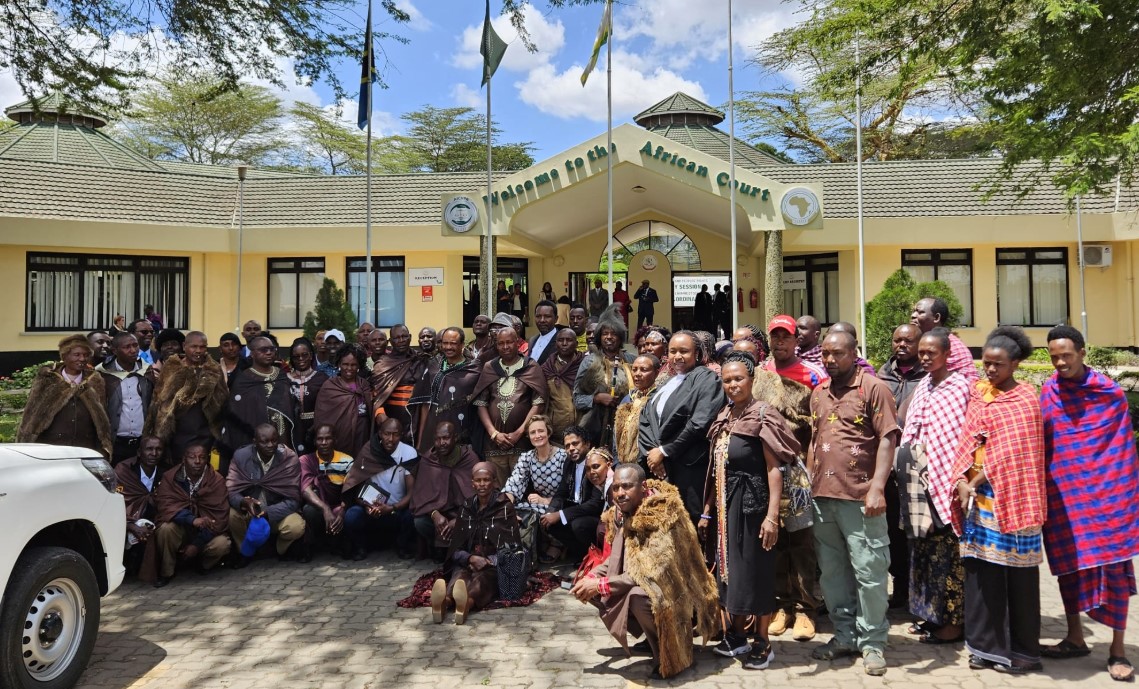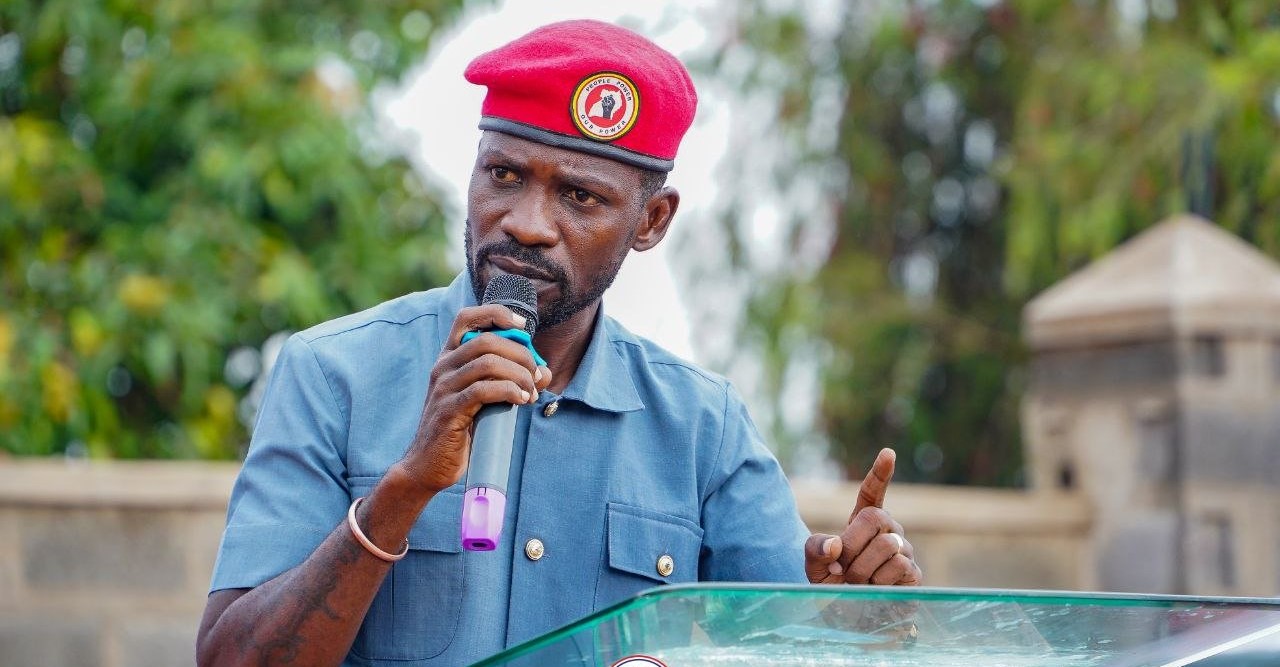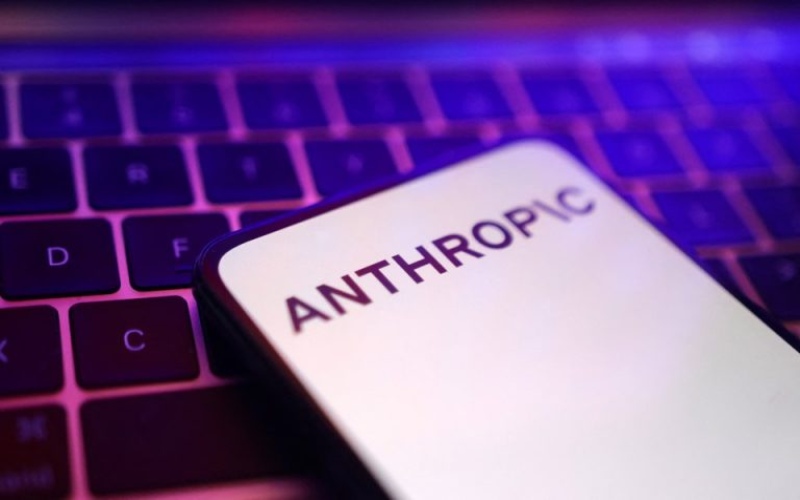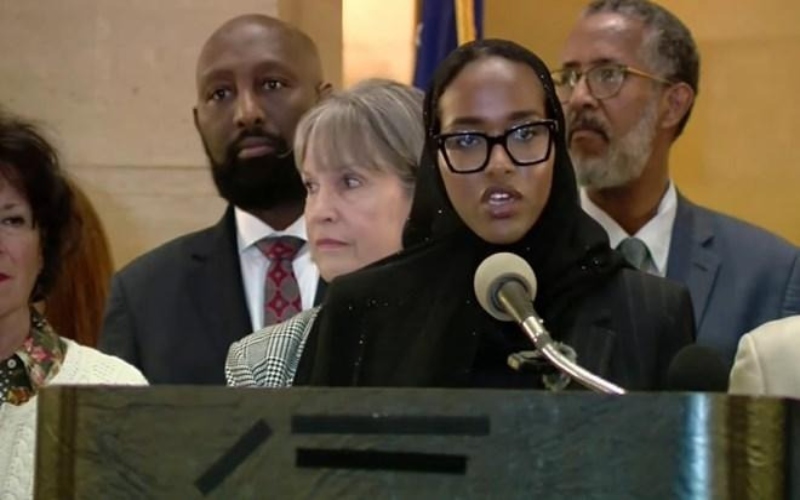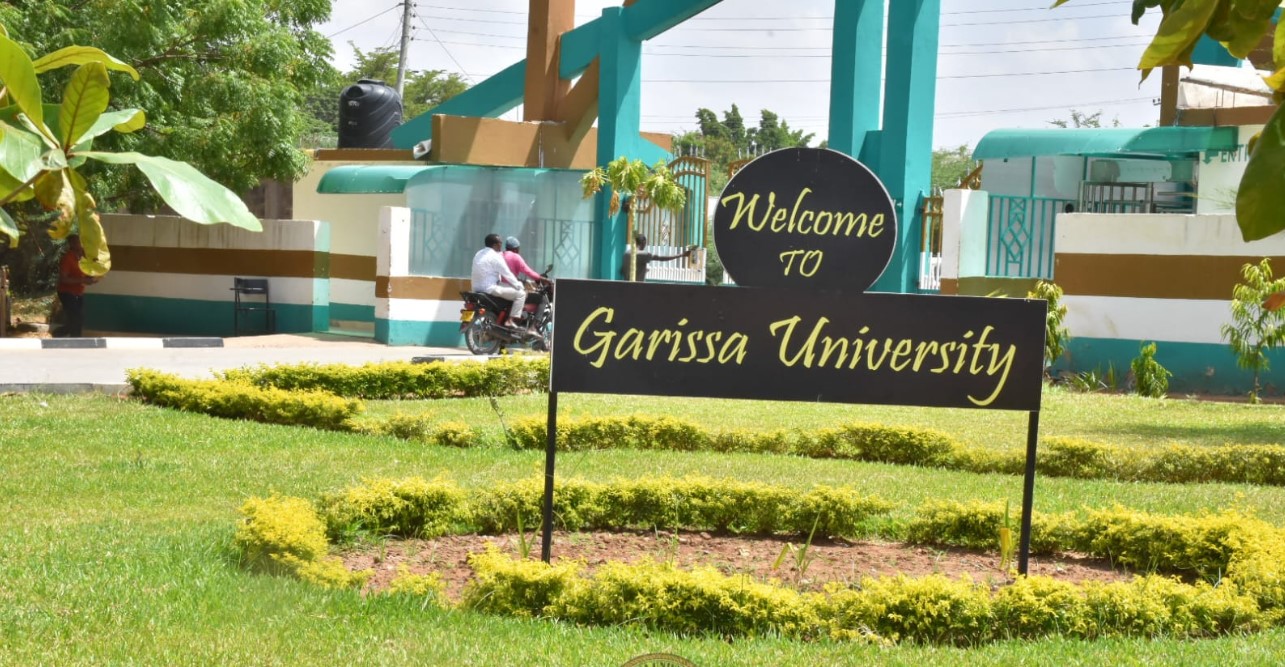Water scarcity now a threat to global peace, UNESCO warns
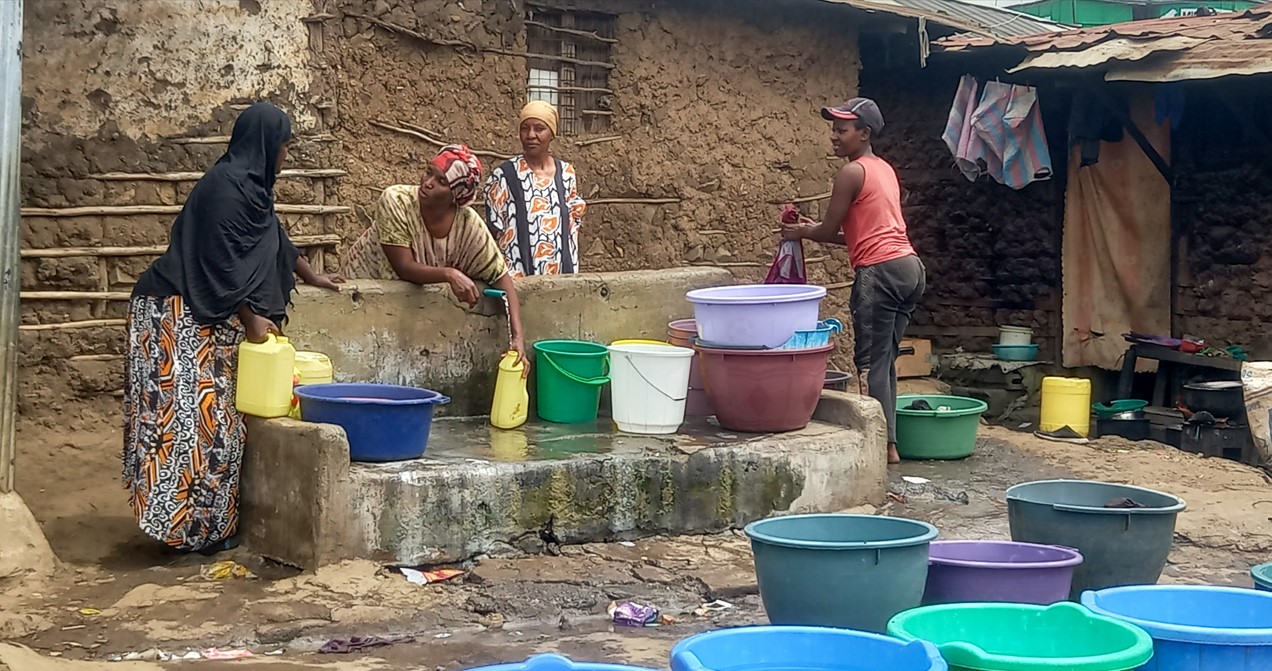
Álvaro Lario, President of the International Fund for Agricultural Development (IFAD) and Chair of UN-Water, emphasised that water is not only central to agriculture and economic growth, but also critical for peace when shared and governed equitably.
With 2.2 billion people still lacking access to safely managed drinking water, a new UNESCO report has warned that water insecurity is no longer merely a development issue; it is now an escalating threat to global peace, prosperity, and social stability. The crisis is being driven by climate change, poor governance, and rising inequality.
The 2024 United Nations World Water Development Report, released by UNESCO on behalf of UN-Water, underscores the urgent need for international cooperation to sustainably manage the world’s water resources.
More To Read
- Historic water project launched to end generations of scarcity in Northern Kenya
- Climate crisis imperils 43 per cent of world heritage sites, says IUCN
- Egypt's Khaled el-Enany nominated as UNESCO’s director-general
- Egypt reopens Pharaoh Amenhotep III’s tomb after 20 years of restoration
- World Teachers’ Day 2025: UNESCO warns poor support systems are driving teachers out of the profession
- UNESCO unveils virtual museum of world's stolen cultural objects
Álvaro Lario, President of the International Fund for Agricultural Development (IFAD) and Chair of UN-Water, emphasised that water is not only central to agriculture and economic growth, but also critical for peace when shared and governed equitably.
“Water, when managed sustainably and equitably, can be a source of peace and prosperity. It is also the literal lifeblood of agriculture—the main socio-economic driver for billions of people,” said Lario.
The report highlights that 3.5 billion people still lack access to safely managed sanitation, and the world is far from achieving the United Nations Sustainable Development Goal of universal access to water and sanitation by 2030.
UNESCO noted that global water demand has been increasing by nearly one per cent annually, driven by socio-economic development and changing consumption patterns.
Agriculture remains the largest consumer, accounting for 70 per cent of global freshwater withdrawals, followed by industry at 20 per cent and domestic use at around 10 per cent.
Despite rapid urbanisation and economic expansion, the report observed that areas with the fastest-growing populations often have the lowest per capita water usage.
However, water quality continues to pose serious challenges. In low-income countries, treatment infrastructure is often inadequate, while in wealthier nations, agricultural runoff and industrial pollution compromise water supplies.
The report also links climate change to more frequent and severe droughts and floods, particularly in developing regions.
According to the findings, approximately half the world’s population experiences severe water scarcity for at least part of the year. A quarter live under conditions of “extremely high” water stress, meaning they use over 80 per cent of their renewable freshwater resources.
Climate change is expected to worsen these conditions, leading to longer and more intense periods of drought and flooding. As of 2022, this pattern has already affected billions globally.
Women and girls bear the brunt
The crisis disproportionately affects women and girls, especially in rural areas, who are often responsible for collecting water. This role exposes them to increased health risks, gender-based violence, and barriers to education and employment.
Water-related displacement is also on the rise. Refugee settlements and internally displaced communities place added pressure on limited water resources, increasing the potential for local conflict.
UNESCO draws a link between water insecurity, migration, and social tension, noting that shortages can exacerbate friction in host communities. For example, a study in Somalia cited in the report found a 200 per cent increase in gender-based violence among displaced populations.
A call for global action
UNESCO concludes that while water can be a source of conflict, it also has the potential to be a driver of peace if managed equitably. The organisation is calling on governments to: prioritise water governance, invest in inclusive and resilient infrastructure and strengthen transboundary water agreements.
“As water stress increases, so too do the risks of local or regional conflict. UNESCO's message is clear: if we want to preserve peace, we must act swiftly—not only to safeguard water resources, but also to enhance regional and global cooperation in this area,” said Audrey Azoulay, UNESCO Director-General.
Top Stories Today



